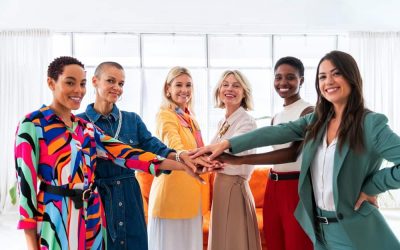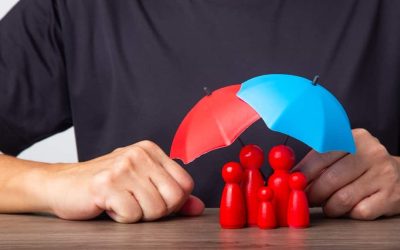The Key to Equality in Mediation
Gender-sensitive conflict analysis is not merely about documenting the discrimination experienced by women and men; it is about understanding the gender-based power dynamics behind conflicts and creating equitable opportunities for building peace.
Why Is It Necessary?
Traditional conflict analyses are often shaped within male-centered structures. Yet, both the causes and consequences of conflicts affect women and men differently. For example, during armed conflicts, women may take on social leadership roles that temporarily shift gender norms, but this transformation may not translate into their participation in peace processes. Likewise, men may suffer from gender-based traumas such as sexual violence or forced conscription.
What Should an In-Depth Analysis Include?
A gender-sensitive analysis:
- Examines gender-based power inequalities and norms within the social structure.
- Seeks to understand the roles of women, men, and LGBTQ+ individuals in conflict processes.
- Recognizes the gendered nature of violence and how these forms of violence create cycles.
- Highlights the often invisible yet influential roles women play in peacebuilding.
Frameworks developed under the guidance of UN Women—for instance, UNSCR 1325 (Women, Peace and Security)—consider women’s participation in peace processes not only as an ethical responsibility but also as a prerequisite for effectiveness.
Implications for Mediation
Gender-sensitive conflict analysis contributes to mediation processes in the following ways:
- Justice in Representation: Ensuring that all actors at the mediation table reflect social diversity strengthens the legitimacy of the resolution.
- Opportunities for Expression: Creating safe spaces where women and other marginalized groups can express their views enhances the process.
- Increased Awareness: Mediators with knowledge of gender dynamics are better equipped to uncover the hidden dimensions of conflict.
- Sustainable Peace: Peace agreements built on principles of gender equality are more durable because they encompass all segments of society.
Recommendations for Mediators
- Receive training on gender equality and awareness.
- Recognize the social identities and vulnerabilities of all parties.
- When analyzing forms of violence, account not only for physical but also for psychological and sexual violence.
- Include women in the process not merely as symbolic voices but as active actors.
Gender-sensitive conflict analysis makes mediation processes more just, inclusive, and sustainable. Mediators must be seen not only as legal facilitators but also as social actors with responsibility. To prevent conflicts from reproducing gender inequalities, this sensitivity must be integrated at every stage.
Discover ADR İstanbul’s Services in This Field
ADR İstanbul supports institutions in gender-sensitive conflict analysis and mediation processes by:
- Developing mediation frameworks that ensure gender equality,
- Strengthening the representation of women and marginalized groups,
- Designing safe spaces and inclusive dialogue environments,
- Providing gender-focused training and capacity building for mediators,
- Creating equality-based resolution models for sustainable peace.
Which Sustainable Development Goals Does This Article Serve?




Frequently Asked Questions
What is gender-sensitive conflict analysis?
It is an approach that examines not only disputes between parties but also the gender-based power dynamics underlying conflicts.
Why is it necessary?
Because conflicts affect women, men, and marginalized groups differently. Ignoring these differences weakens the inclusiveness and durability of peacebuilding.
How does it contribute to mediation?
It strengthens representation, creates safe spaces for expression, and enables more legitimate solutions that reflect social diversity.
Can a peace process be conducted without gender sensitivity?
It is possible, but not sustainable. Peace agreements that fail to include all segments of society cannot last.
How does ADR İstanbul provide support in this field?
By developing equality-based mediation frameworks, designing training programs, and helping institutions create gender-focused inclusive solutions.




